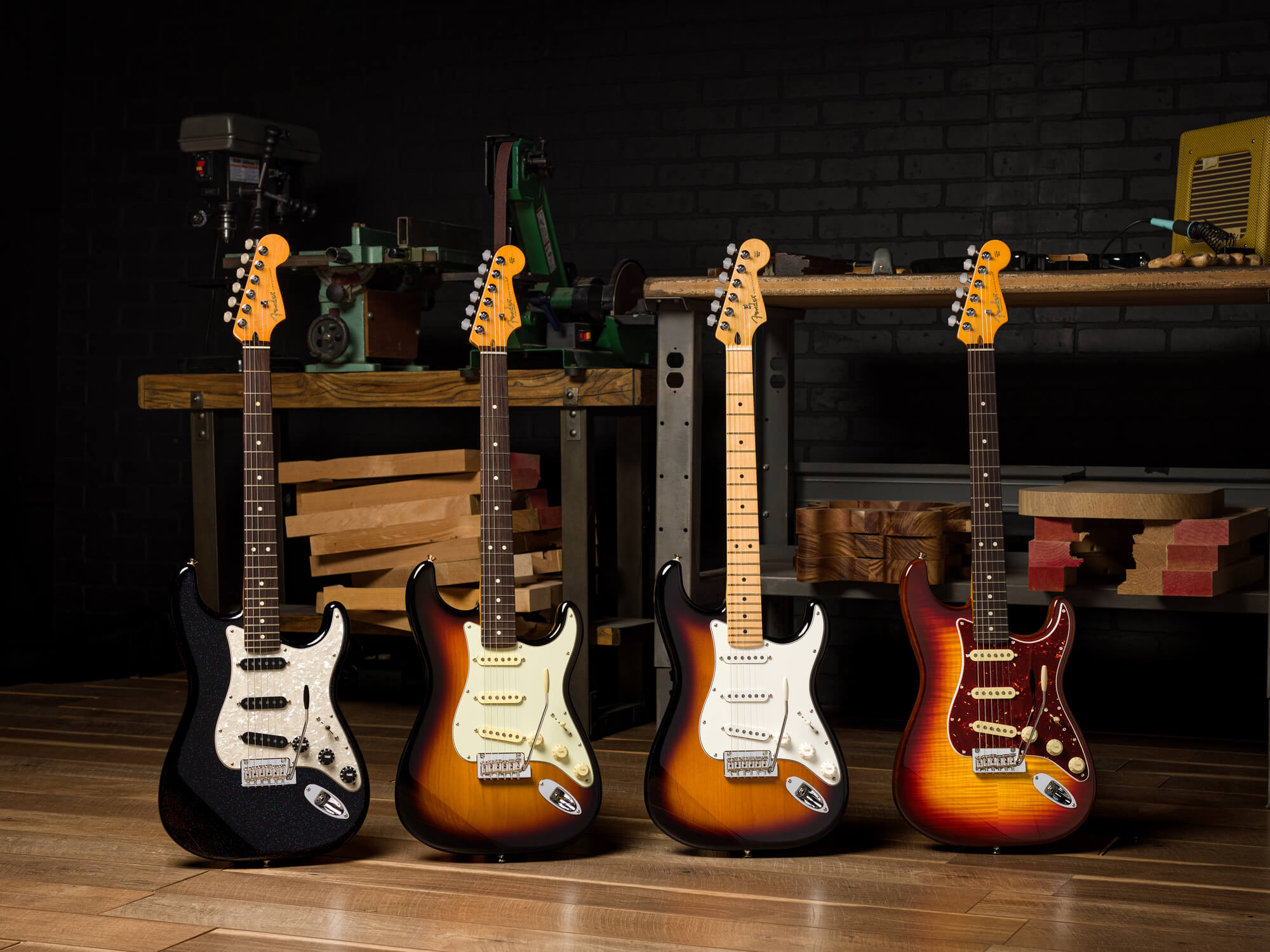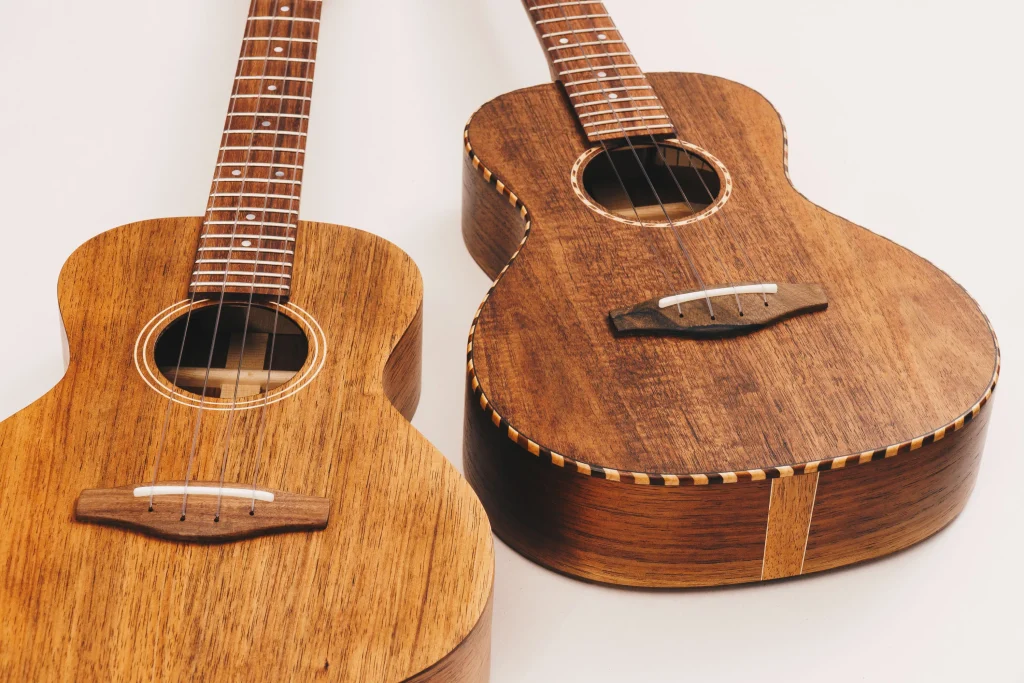Blog
“Why Handcrafted Instruments Are Worth the Investment”
When it comes to purchasing a musical instrument, the decision between mass-produced and handcrafted options can be a difficult one. While factory-made instruments are often more affordable and widely available, handcrafted instruments carry a unique set of benefits that make them worth the investment. Whether you’re an amateur musician or a seasoned professional, opting for a handcrafted instrument can elevate your playing experience in ways that mass-produced instruments simply cannot. In this article, we’ll explore the reasons why handcrafted instruments are worth the investment and how they can improve your musical journey.
1. Unmatched Quality and Craftsmanship
One of the most significant advantages of handcrafted instruments is the superior quality and craftsmanship that goes into their creation. Skilled artisans take pride in every detail, ensuring that the materials used and the construction process meet the highest standards. Handcrafted instruments are often made from premium woods and materials, carefully selected for their tonal qualities and durability.
- Personalized Attention: Since these instruments are made by hand, the craftsman has the time and focus to fine-tune every element of the instrument. This level of attention can result in a more responsive, harmonious, and durable instrument.
- Customizable Options: Many craftsmen offer the opportunity to customize your instrument, choosing specific materials, finishes, and even unique features that suit your playing style and aesthetic preferences. This makes your instrument a one-of-a-kind creation.

2. Exceptional Sound Quality
One of the key reasons musicians invest in handcrafted instruments is the remarkable sound quality they offer. The acoustics and tonal characteristics of a handcrafted instrument are often far superior to mass-produced counterparts. Since each instrument is individually crafted with care and expertise, it tends to resonate with a warmth and depth that factory-made instruments can’t replicate.
- Enhanced Resonance: Handcrafted instruments are often designed with the intention of producing optimal resonance, which results in a richer, fuller sound. The use of high-quality woods and more precise construction methods enhances the instrument’s tonal clarity, projection, and balance.
- Unique Tone: Every handcrafted instrument has its own unique voice, even if it’s based on a traditional model. Subtle variations in the wood, glue, and construction techniques contribute to a sound that is distinctive and personal, allowing musicians to express themselves in a way that mass-produced instruments cannot.
3. Longevity and Durability
Handcrafted instruments are built to last. Unlike mass-produced instruments that may show wear and tear quickly, particularly if they’re made from lower-quality materials, handcrafted instruments are designed for durability. The care taken in selecting the materials and the precise methods used during construction result in an instrument that can stand the test of time with proper care.
- Timeless Construction: The process of making handcrafted instruments often involves traditional techniques that have been refined over generations. These methods have proven their worth in terms of longevity and reliability.
- Maintenance and Repairs: Skilled artisans who create handcrafted instruments often provide ongoing support for maintenance or repairs, ensuring your investment stays in top condition for years. Additionally, the quality of materials used often means less frequent need for repairs compared to cheaper, mass-produced versions.
4. Emotional Connection and Personal Satisfaction
Owning a handcrafted instrument can provide a deeper sense of connection to your music. When you play a handcrafted instrument, you’re not only creating beautiful music but also engaging with a piece of art that was made with care and passion. Many musicians form a bond with their instruments, especially when they know that a dedicated artisan spent time perfecting it.
- A Piece of Art: Handcrafted instruments are often works of art in themselves. The unique design, detailing, and finish can inspire pride and creativity in the player. Musicians often develop a personal connection with their instrument, feeling that it’s an extension of themselves.
- Sense of Accomplishment: There’s a certain sense of accomplishment that comes from owning an instrument that’s been meticulously crafted. The knowledge that your instrument was made by a master artisan adds a layer of pride to your playing experience, making every practice and performance feel more meaningful.
5. Better Playability and Comfort
Handcrafted instruments are often more comfortable and easier to play than mass-produced options. Because artisans focus on the finer details, they can adjust aspects like neck shape, string height, and balance to ensure the instrument suits your personal playing style. Whether you’re a beginner or a seasoned professional, a handcrafted instrument can provide superior ergonomics and playability.
- Customized Fit: The shape and feel of the instrument can be tailored to your preferences. For example, a custom-built guitar can be designed to fit your hand comfortably, reducing strain and improving your playing technique.
- Smooth Action and Response: Since handcrafted instruments are built with precise attention to detail, they tend to have smoother action and greater responsiveness. This makes it easier to express yourself musically, whether you’re playing a delicate passage or strumming with force.
6. Resale Value

While handcrafted instruments may come with a higher initial price tag, they often retain or even increase in value over time. High-quality craftsmanship and rarity can make handcrafted instruments a sound investment, especially if they are well-maintained.
- Rarity and Demand: Handcrafted instruments are often limited in production, making them more sought after by collectors. Over time, some instruments may even become rare or collectible, increasing their value as vintage pieces.
- Long-Term Investment: If you decide to sell your instrument in the future, a handcrafted model will likely hold its value better than mass-produced options, making it a smarter financial decision in the long run. Investing in a handcrafted instrument offers numerous advantages, from superior sound quality and durability to a stronger emotional connection with your music.
Conclusion
Investing in a handcrafted instrument offers numerous advantages, from superior sound quality and durability to a stronger emotional connection with your music. While the initial cost may be higher than a mass-produced alternative, the long-term benefits—such as exceptional craftsmanship, greater playability, and lasting value—make it a worthwhile investment for any musician. Whether you’re a beginner looking to build a lasting foundation or a seasoned player seeking the perfect instrument to express your artistry, a handcrafted instrument is an investment that can enhance your musical journey for years to come.


